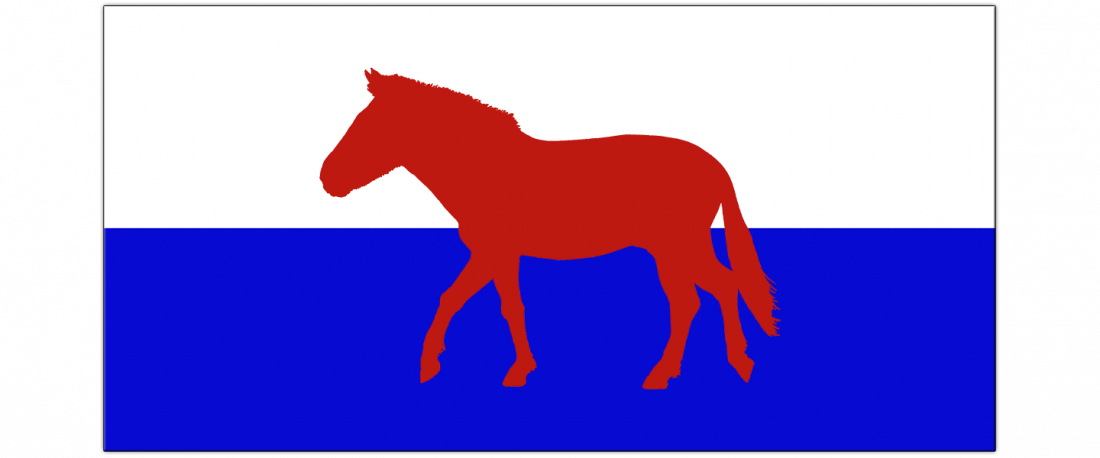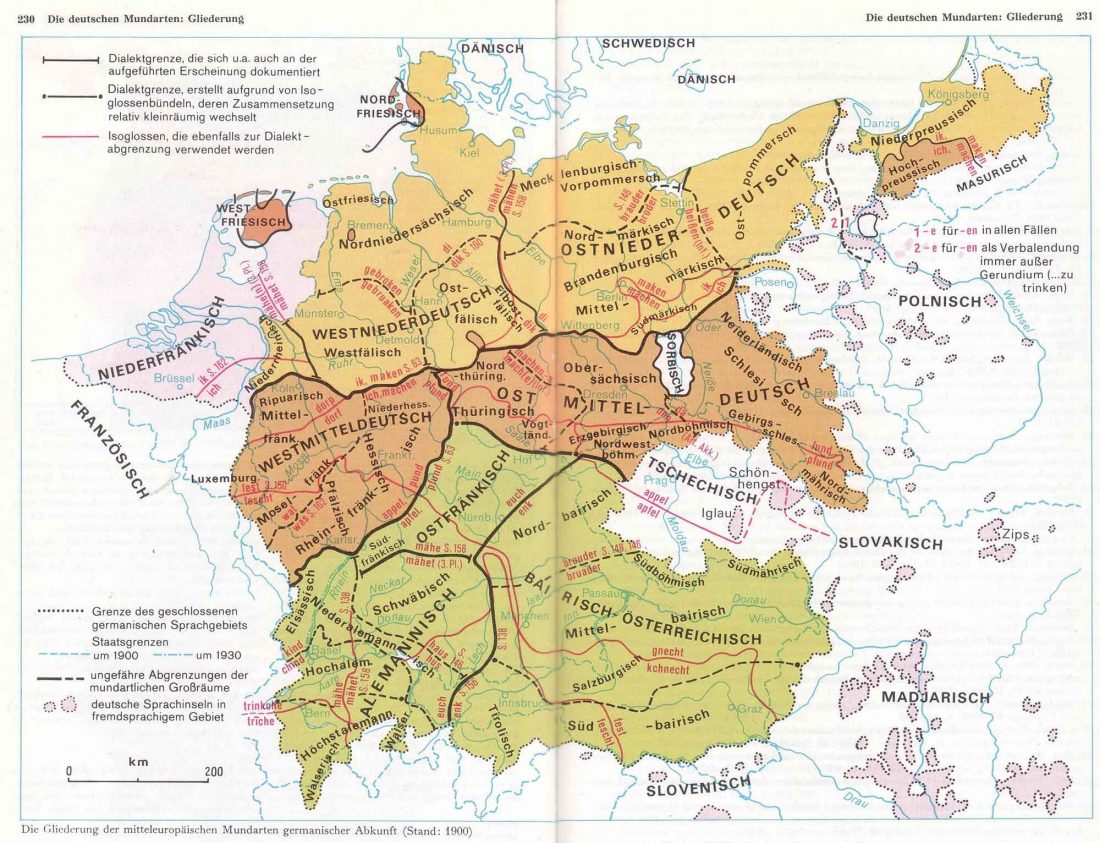Winds of change and our shared European past
The waves of disinformation are already here, putting the blame again on the European Union, as in the Financial Crisis of 2008. After years of negligent state policies promoted or tolerated by ruling political parties and social majorities of each country in the EU, which have led directly to yet another avoidable crisis. After years of state inactivity in the supranational political arena, hindering European social integration, and stripping EU institutions of any real power. The culprits are, again, not we, but they: evil and foreign hands pulling invisible strings from Brussels. The Age of Populism at its … Read the rest “Winds of change and our shared European past”

